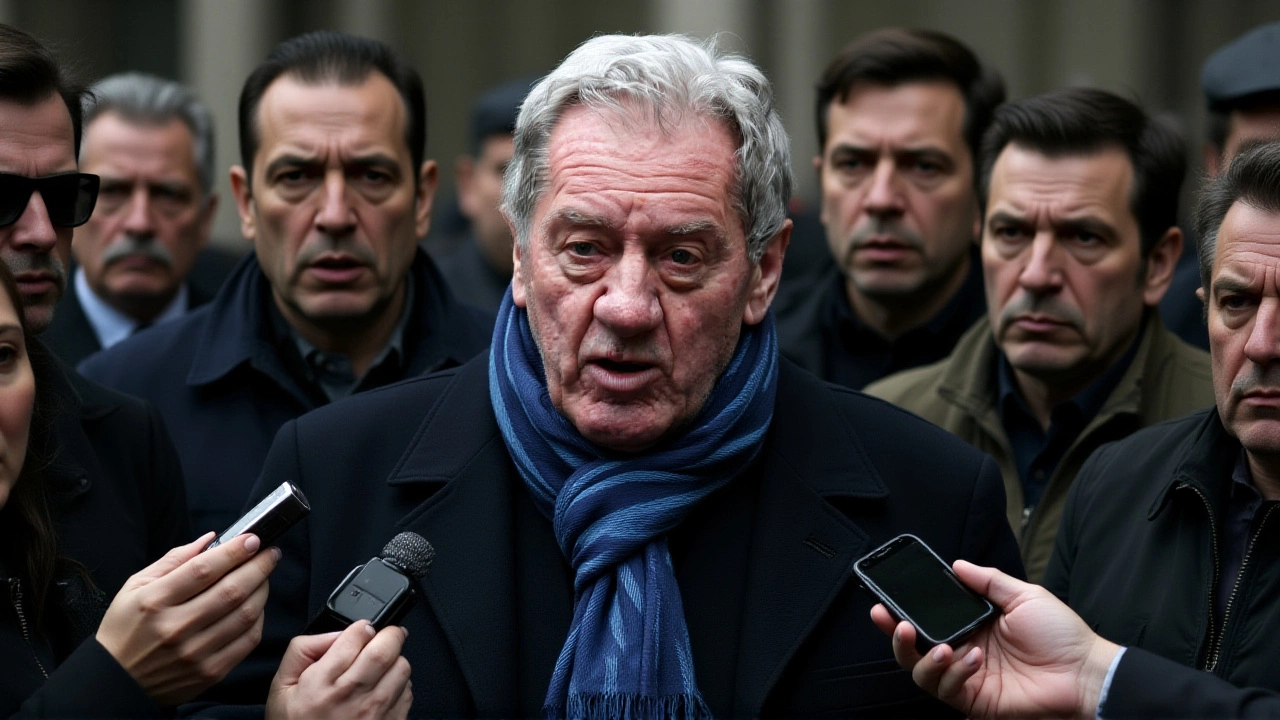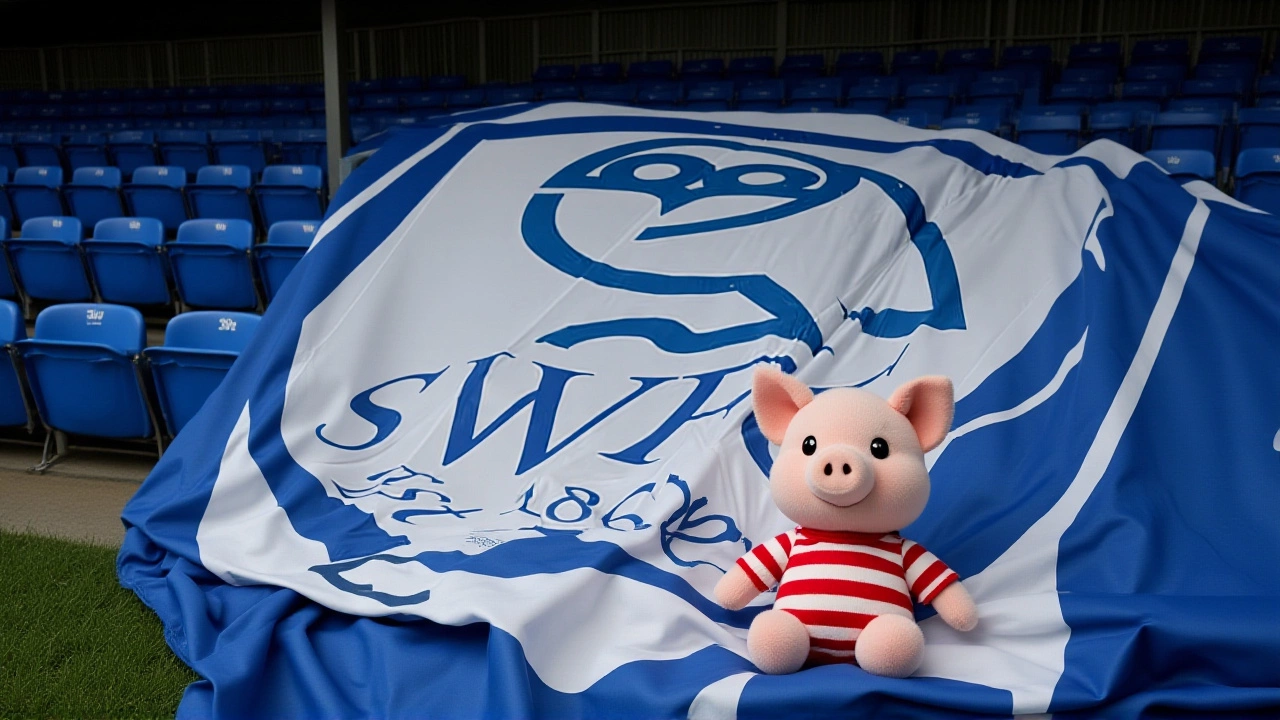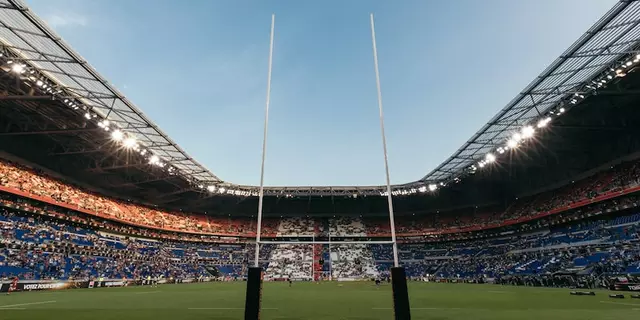When Dejphon Chansiri, a Thai businessman who heads Thai Union Frozen Products Public Company Limited, sealed a £37.5 million deal for Sheffield Wednesday Football Club in January 2015, he promised to lift the historic South Yorkshire side to the Premier League by 2017. The ambition was loud, the cash was real, and the fanbase was buzzing.
Background: A Club Steeped in History
Sheffield Wednesday, founded in 1867, is one of the world’s oldest professional football clubs. By the early 2010s the club had drifted in the Championship, its last top‑flight spell ending in 2000. Ownership had changed hands several times, most recently to Serbian‑American entrepreneur Milan Mandarić and his holding company UKFI Ltd. Under Mandarić, the club stabilized financially but on‑field success remained elusive.
The 2015 Takeover: Ambitions and Early Moves
Chansiri’s acquisition, approved by the Football League after a brief ratification period, wasn’t just a cash injection – it was a statement of intent. In a club‑issued release, Chansiri declared, "I am very excited at the prospect of taking over control from Milan. I believe this club has huge potential and I can assure all our supporters that I will be working extremely hard to bring the success that I already sense from my short time in your city." Within weeks, he set up a new transfer committee comprising then‑manager Stuart Gray, former player‑turned‑coach Glenn Roeder, and club director Adam Pearson.
The first January window saw a flurry of signings: Romanian winger Sergiu Buș, Belgian midfielder Marnick Vermijl and Portuguese forward Filipe Melo. Loans arrived for former England youth international Will Keane from Manchester United and seasoned midfielder Lewis McGugan. Chansiri even earmarked funds for two additional loan deals from Chelsea and Manchester United, underscoring an aggressive recruitment policy.
Transfer Spending and On‑field Results
Summer 2015 brought marquee names. Australian striker Fernando Forestieri, Scottish forward Gary Hooper and Angolan‑born attacker Lucas João joined the squad, inflating the wage bill to a club‑record level. The gamble paid off: Wednesday reached the 2015‑16 Championship playoff final, only to lose 1‑0 to Hull City at Wembley. The following season, the club splashed further cash on Swiss midfielder Almen Abdi, winger Adam Reach and prolific striker Jordan Rhodes. Yet again they fell short, bowing out in the semi‑finals to Huddersfield Town.
Managerial changes were swift. Gray left the transfer committee at the end of the 2015‑16 season, replaced by Portuguese tactician Carlos Carvalhal. Pearson departed for Leeds United after just a month, and Roeder’s exit by late 2015 left Chansiri as the sole decision‑maker on football matters.

Financial Turbulence and the 2020 Points Deduction
Despite early optimism, the heavy spending never translated into promotion, and the club’s balance sheet began to show strain. By 2020, the English Football League opened an investigation into Sheffield Wednesday’s compliance with the Profit and Sustainability Rules (PSR). The inquiry uncovered that Chansiri failed to submit a crucial document authorising the sale of the Hillsborough stadium to a company under his name.
In July 2020 the club was handed a 12‑point deduction – later reduced to six on appeal – and subsequently relegated to League One on goal difference. The penalty not only erased a season’s worth of effort but also forced the club into a costly restructuring of wages and contracts.
Ownership Style and Its Impact on Club Governance
Chansiri’s autocratic approach has drawn criticism. Unlike many Premier League owners who install a chief executive or director of football, he runs the club personally, with no clear delegation to a UK‑based senior manager. This has led to perceptions of instability, especially when key figures like Pearson and Roeder exit abruptly. Financial analyst John Smith, senior analyst at Deloitte Sports, notes, "Centralised decision‑making can speed up transfers, but it also removes the checks and balances that protect a club from over‑extension. Wednesday’s PSR breach is a textbook example of that risk."

Looking Ahead: What the Future Holds for Wednesday
With the club now in League One, the focus has shifted from lofty Premier League promises to stabilising finances and rebuilding a squad capable of promotion. In early 2024, the board announced a modest investment plan, prioritising youth development over big‑ticket signings. Chansiri remains on the sidelines, yet the club has appointed a director of football – a first in his tenure – to bring some structural order.
The question on every fan’s mind is whether Wednesday can finally break the cycle of near‑misses and financial hiccups. The answer will likely hinge on how effectively the new governance model can balance ambition with sustainability.
Key Facts
- Acquisition price: £37.5 million (January 2015)
- Owner’s net worth (2020): US$575 million
- Premier League promotion target: 2017 (missed)
- Points deduction: 12 points (reduced to 6) in July 2020
- Playoff final loss: 1‑0 to Hull City, 2016
Frequently Asked Questions
How did Chansiri’s takeover affect Sheffield Wednesday’s finances?
The £37.5 million purchase was followed by a series of high‑profile signings that pushed the wage bill to record levels. While the spending helped the club reach two consecutive playoff campaigns, it never produced the promotion revenue needed to offset the outlays, contributing to cash‑flow pressures that later triggered the PSR investigation.
What led to the 2020 points deduction?
The Football League found that the club failed to submit a required document confirming the sale of the Hillsborough stadium to a company linked to Chansiri. This breach of the Profit and Sustainability Rules resulted in an initial 12‑point penalty, later reduced to six after an appeal, ultimately sealing Wednesday’s relegation.
Who are the key figures currently overseeing the club?
Dejphon Chansiri remains the principal owner. In 2024 the club appointed its first director of football, Mark Brittan, to oversee recruitment and bridge the gap between ownership and the coaching staff. The day‑to‑day operations are now managed by CEO Sarah Miller, providing a more conventional governance structure.
Has Wednesday ever achieved promotion under Chansiri?
No. Despite reaching the Championship playoff final in 2016 and the semi‑finals in 2017, the club failed to win promotion. The subsequent seasons saw diminishing returns, culminating in the 2020 relegation to League One.
What are the prospects for Sheffield Wednesday’s next season?
Analysts expect a cautious approach. With a reduced budget and a new director of football, the club aims to build a competitive squad from within its academy while targeting a top‑four finish that could secure a playoff spot. Promotion remains the ultimate goal, but financial prudence now takes precedence.



